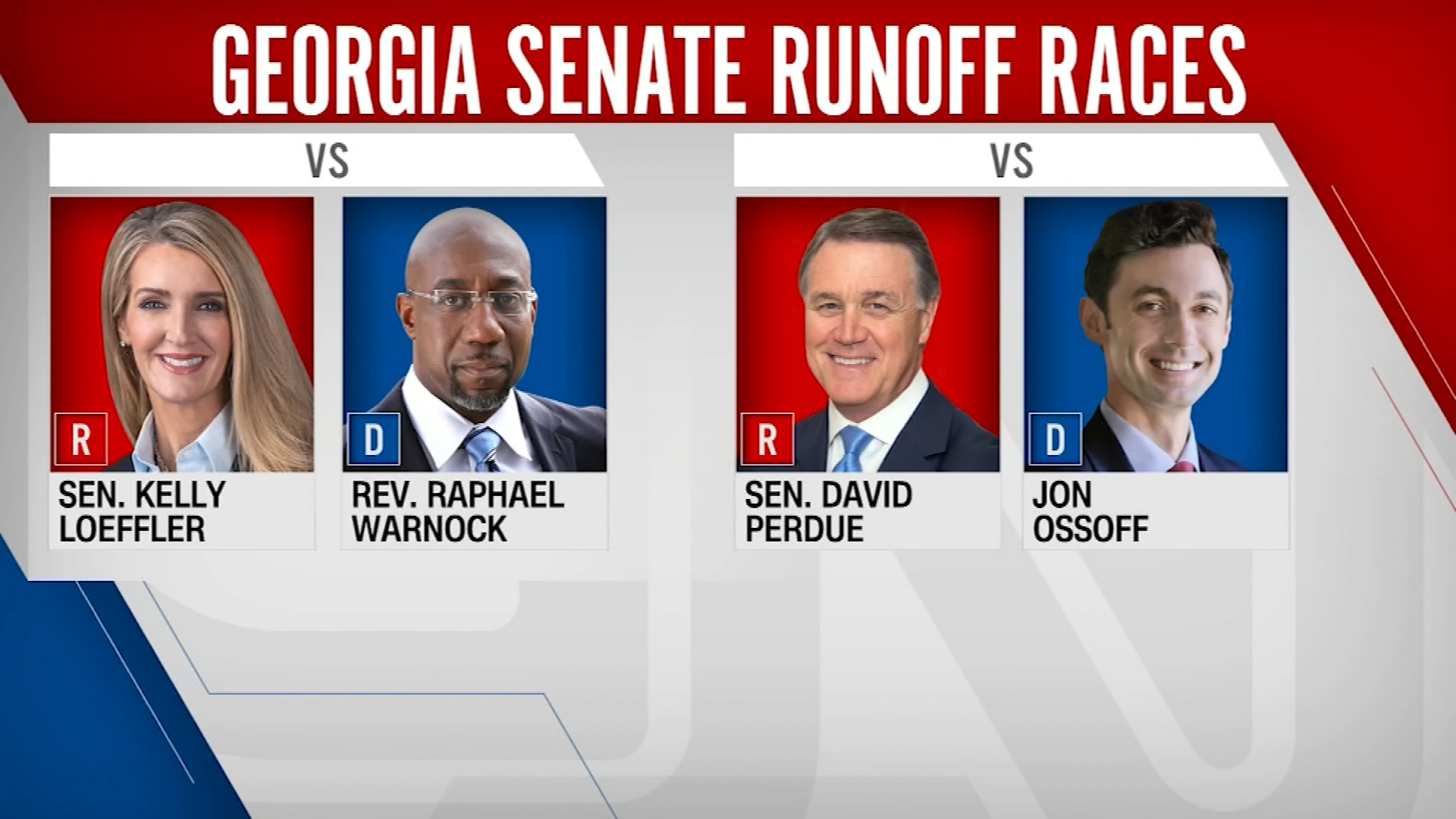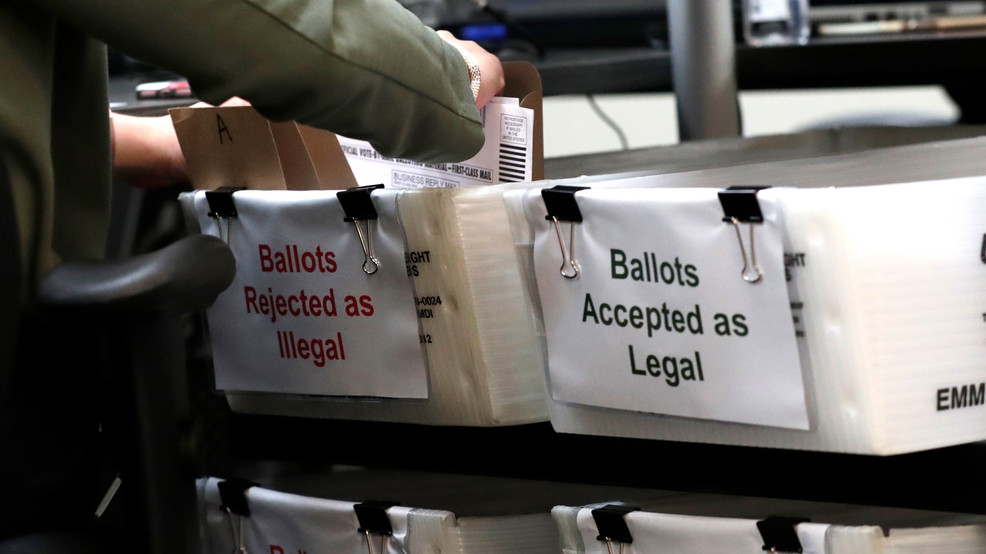Op-Ed By Harold Hutchison
 One of the reasons the aftermath of the election is apparently going so poorly is that there seems to have been failures in planning. When you fail to plan, you’re really planning to fail. Nobody in any high-stakes endeavor, whether it’s the Super Bowl, running for president, or planning a surprise party, should do so without a plan.
One of the reasons the aftermath of the election is apparently going so poorly is that there seems to have been failures in planning. When you fail to plan, you’re really planning to fail. Nobody in any high-stakes endeavor, whether it’s the Super Bowl, running for president, or planning a surprise party, should do so without a plan.
As Vic Deakins put it on Broken Arrow, “You plan on your contingencies.” If a presidential candidate (or a candidate at any level) has hired the right people, they will be doing just that for not just the election but also for the time in office.
For the 2020 election, those who were supposed to be helping President Trump win re-election didn’t seem to be ready for contingencies. The sudden pre-Super Tuesday coalescence around Biden was ripe to hit the inevitable Democratic nominee on multiple fronts (“What promises were made to get far-left candidates to drop out and endorse Biden?”; “What back-room deals to screw average Americans have been made?”)
Then, there was the way the coronavirus pandemic upended both the economy and the campaign. President Trump needed better planning to handle the crisis and handle the messaging as well, especially when it came to the effects the lockdowns had on not just the economy but on the mental health of many Americans. Again, this was where seriously competent messaging was important.
Then, of course, there was the close election. The fact of the matter is that a lot of the tricks should have been anticipated to one degree or another – especially with the mail-in voting that exploded in the wake of the coronavirus pandemic. Competent campaign staff would have been figuring out what could go wrong with that and coming up with plans to mitigate the damage (or develop a robust capability to get it out themselves). Warnings about the potential for fraud alone were not enough.
To their credit, the California Republican Party did learn from being caught by surprise in 2018 and developed plans. We saw the results in the House seats – multiple flips from blue to red took place. But they didn’t take things as they wished they were – they took it from the reality on the ground. That included “ballot harvesting.”
Another area of a failure to properly plan involved the collusion between “mainstream” media outlets and big technology companies like YouTube, Facebook, and Twitter. It should have been very obvious that the shifting landscape required a new strategy – in this case, building a backstop via one of the insurgent social media companies (like Parler or MeWe). At the same time, they should have considered litigation over Big Tech’s censorship, one of several options available to address the situation.
One other failure to plan can be seen surrounding the infamous Tulsa rally that had a disappointing turnout. It was later revealed that a lot of TikTok users and K-Pop fans had flooded the campaign with phony reservations. This was the last straw that led to Brad Parscale getting demoted, but shouldn’t there have been plans to prevent the disruption of rallies?
 Finally, even with this challenge, it was very predictable that when the count went the way it did, there would be nervous establishment types who would be skittish about a challenge. Even if Kelly Loeffler and David Perdue win their runoffs, Mitt Romney, Susan Collins, Lisa Murkowski, and Ben Sasse could easily create problems in a 52-48 Senate. Again, President Trump seems to have not planned for what it would take to convince these Senators to accept a challenge to electoral votes should the legal process prove fraud.
Finally, even with this challenge, it was very predictable that when the count went the way it did, there would be nervous establishment types who would be skittish about a challenge. Even if Kelly Loeffler and David Perdue win their runoffs, Mitt Romney, Susan Collins, Lisa Murkowski, and Ben Sasse could easily create problems in a 52-48 Senate. Again, President Trump seems to have not planned for what it would take to convince these Senators to accept a challenge to electoral votes should the legal process prove fraud.
Of course, with the way some of the litigation is going, with over 30 cases not going the President’s way, it looks as if that, too, is flailing, and that could bode ill for efforts to convince state legislators to act. With so many cases going south, convincing those legislators to act has become harder. It seems there was no real plan for the court battles, and the improvisation may have a price.
As Larry Schweikart noted earlier, many state legislators don’t even seem to be aware that they have the power to step in to address widespread fraud or a complicated dispute over a vote. But they need to see the evidence be clear and convincing to the point they feel compelled to act. A lot of initial court losses won’t help that effort.
Any plan involving a state legislature stepping in would also need to address the likely threats these state lawmakers would face. See what happened to the Republicans who initially refused to certify Wayne County’s totals for a mild taste of what those lawmakers would face. Doxxing and verbal tirades are just the beginning.
 That said, the reaction to the Republicans of the Wayne County canvassing board highlights the biggest planning failure on the part of the Trump team. In fact, it is arguably the common thread in all these failures. Given the rhetoric aimed at Trump and his supporters over the years, including the comparisons to Nazis, it should have been very obvious that there was a significant portion of those left-of-center who viewed Republicans/conservatives/Trump supporters as evil, as opposed to being decent people who had honest and heartfelt disagreements on political issues. In light of that obvious proposition, there was a simple question that should have been asked: “What would I consider to be morally permissible to prevent the rise of a new iteration of Nazis? Stealing an election? Vote fraud?”
That said, the reaction to the Republicans of the Wayne County canvassing board highlights the biggest planning failure on the part of the Trump team. In fact, it is arguably the common thread in all these failures. Given the rhetoric aimed at Trump and his supporters over the years, including the comparisons to Nazis, it should have been very obvious that there was a significant portion of those left-of-center who viewed Republicans/conservatives/Trump supporters as evil, as opposed to being decent people who had honest and heartfelt disagreements on political issues. In light of that obvious proposition, there was a simple question that should have been asked: “What would I consider to be morally permissible to prevent the rise of a new iteration of Nazis? Stealing an election? Vote fraud?”
It is clear that the axis of the Democratic Party, “mainstream” media, Big Tech, Hollywood, and others intended to wage total war, yet the Trump team was caught by surprise by just how far they were willing to go. What New York’s state government is trying to do to the NRA was one warning, so is the leak of President Trump’s tax returns. It was inexcusable to miss those warning signs during the planning process – the Democrats were telling Trump how they viewed him and his supporters and should have been taken at their word.
There is a famous saying, “Proper previous planning prevents [pretty] poor performance.” This is particularly true in politics. While Plan A never survives events, proper planning can ensure that there are Plans B, C, D, and E to address what might happen. The planning failures by the Trump team have created a very difficult situation that will have to be addressed even if the best-case scenario to emerge from this challenged election takes place.
Harold Hutchison has nearly two decades of experience covering a variety of topics, including politics, national security affairs, foreign policy, Second Amendment issues, and sports. He has been published in numerous media outlets, including National Review, the Daily Caller, the Patriot Post, Ammoland.com, and the Washington Examiner.



